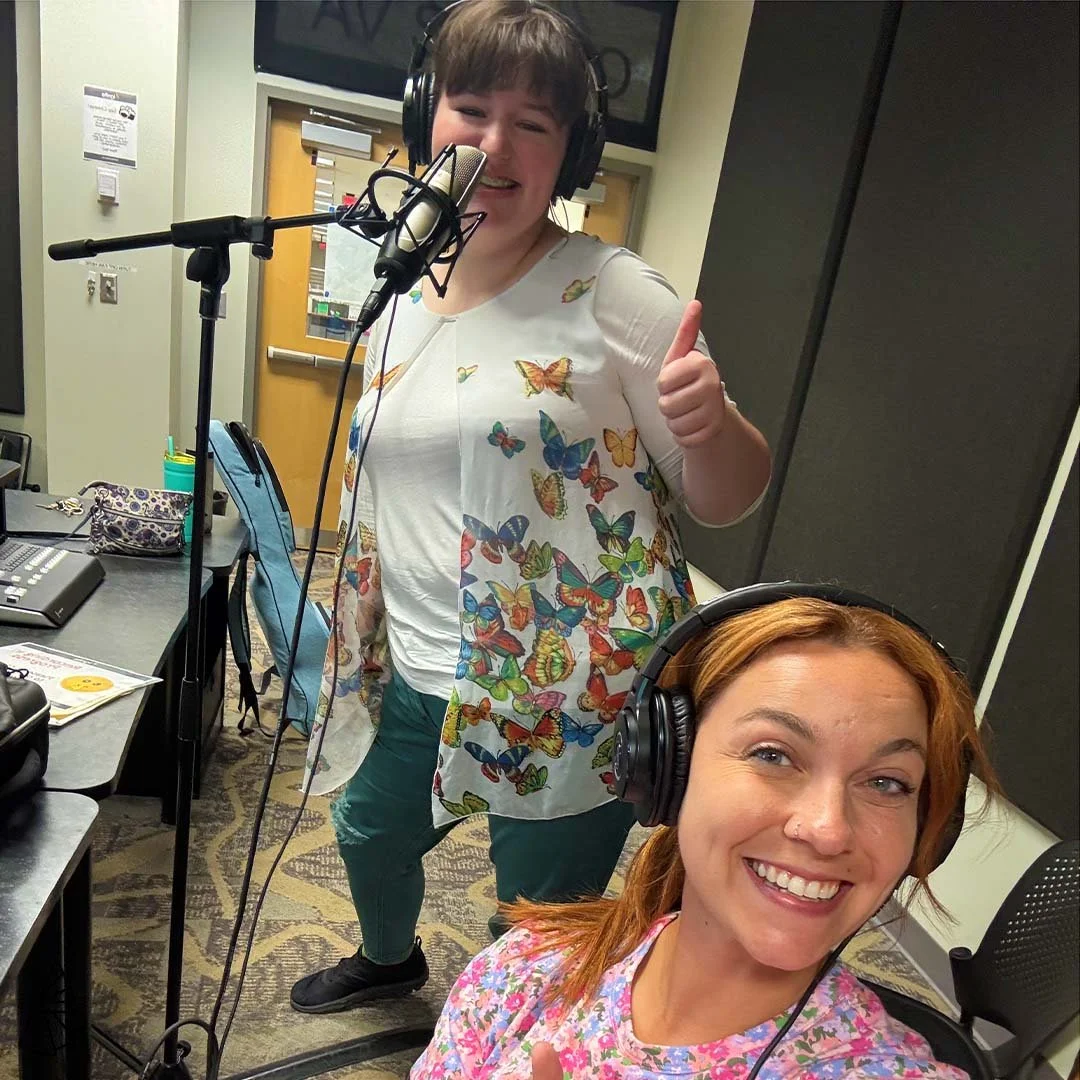music THERAPY
Pure Abilities utilizes music as a therapeutic medium to work with individuals and families to reach non-music related goals. Music Therapy is to establish a research-based treatment plan that focuses on each individual and family’s specific areas of need. A Music Therapist will formulate short and long-term goals that are achieved through physical, social, emotional, and cognitive related objectives.
Individuals Served
Music Therapy serves a wide variety of populations that are listed on the American Music Therapy Association. Our Music Therapists serve clients who are specifically receiving Medicaid Waiver services in the state of Indiana. The most common populations we see are individual’s with developmental and intellectual disabilities such as Autism, Down Syndrome, Cerebral Palsy, and Global Developmental Delay.
Some health benefits include but are not limited to
Decreases in stress, anxiety, high blood pressure, increased cortisol levels, blood flow to the brain, improves memory and memory retention, decreases chronic and acute pain levels, improves endurance levels.
Music Therapy Sessions
Sessions are primarily 1:1; however, we are hopeful to offer group sessions in the future. A typical session lasts 45-60 minutes and includes anything and everything from movement, singing, instrument play, songwriting, and relaxation. Your therapist will lead you through interventions that are challenging but leave you feeling successful in your accomplishments.
Our primary instruments include: Piano, Voice, and Guitar. We also use handheld percussion instruments as well as art/media, music apps for song creation, and other manipulatives such as scarves and music books to ensure we are reaching our clients in every way possible.





